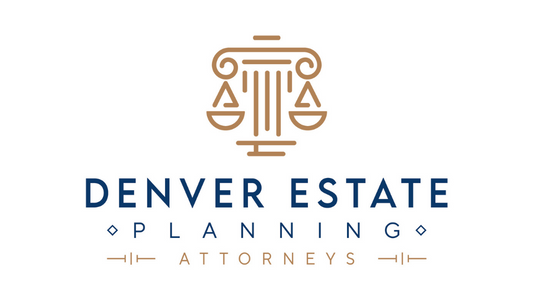There are many reasons to use a trust when preparing your estate plan, and there are various types of trusts, each of which has its own advantages and disadvantages, depending on your particular financial and family situation.
What Is A Trust And Who Is It For?
A trust is a legal entity that holds on to your property for the benefit of a named party. Trusts provide legal protection for your assets and set terms for the way assets are to be held, gathered, and distributed in the future. The ability to set the precise terms for assets you currently own is what sets trusts apart from other estate planning tools. A common misconception that many have about trusts is that they are only for very wealthy people. In reality, whether you need to include a trust in your estate plan is not dependent on how much money you have. Rather, it is about your particular family circumstances and what is most important to you.
There are different types of trusts that can be incorporated into estate plans. The most basic distinctions that differentiate them is when they take effect and whether or not the trust can be modified after it takes effect. A trust that takes effect during the grantor’s lifetime is called a ‘living trust’. A living trust can be revocable, meaning it can be changed, or irrevocable, meaning it cannot be changed, once it takes effect. A trust that goes into effect upon the death of the grantor is called a ‘testamentary trust’. This type of trust is usually irrevocable.
Simplify Or Bypass Probate With A Revocable Trust
If you die without an estate plan in place, or even if you have a will, your estate will go through probate court before anything is passed on to your heirs. Probate is a specialized court that deals with the property and debts of a person after they die. Hearings are held, and the court will assess whether there are creditors who need to be paid and ascertain the proper beneficiaries of any remaining assets. Probate can be an expensive and lengthy process. Bypassing probate allows beneficiaries to avoid probate court costs and fees that can drain the estate. A revocable trust in your estate planning is one way to bypass probate. Fortunately, assets held in trust do not require a probate proceeding, and heirs can access their inheritance right away and avoid the uncertainty and emotional challenges of months of court proceedings. Additionally, the trust assets are privately managed, as they are not subject to probate proceedings and are therefore not public record.
There are two other significant benefits for avoiding probate with revocable trust. One, if your trustee lives outside of Texas, they will not have to travel to Texas to appear in probate court. Rather, they can manage the trust assets from their current location. This can save time, money and expand the possible candidates you are considering to serve as your trustee when you pass away. Two, if you own real estate or plan to own real estate in another state, a revocable trust is highly recommended. Otherwise, without a trust, your estate will not only have to go through probate in Texas, but will also go through probate in each state where you own real estate. This means your estate will need to hire a lawyer in each state where you own real property to manage multiple probate cases. A revocable trust easily avoids this costly and lengthy process.
Avoid Taxes And Qualify For Public Benefits With An Irrevocable Living Trust
If protection from taxes, creditors, and lawsuits is a main priority for you, an irrevocable living trust can be an important part of your estate plan. Like revocable trusts, an irrevocable trust protects your wishes, bypasses probate, and is administered privately.
Estate and gift taxes can drain a significant portion of an estate. Without proper planning, as much as 40 percent of an estate’s assets may be lost to taxes. Assets held in an irrevocable trust are not taxed upon the grantor’s death, since the grantor technically gave up ownership, by transferring the ownership to the trust.
Since an irrevocable trust is the technical owner of the assets within it, creditors cannot reach those assets. Likewise, because you do not maintain control of your assets or have direct access to them, they are protected from any lawsuits against you.
Many public benefits programs like Medicaid, VA pensions, or SSI have strict eligibility rules based on income and assets. An irrevocable trust can lower your taxable income and render your assets not ‘countable’ so you (or a family member) can maintain eligibility for these programs without having to spend down your assets.
Protect Inheritance for Your Children With A Testamentary Trust
A testamentary trust is created by instructions that are created from a Last Will and Testament and takes effect at the grantor’s death. Usually, testamentary trusts are irrevocable and are typically created to preserve assets for minor children, children from prior marriages, spouses, or beneficiaries with special needs. These trusts provide asset protection from an inheritance falling into the wrong hands, being spent unwisely, or from claims by creditors.
Testamentary trusts can be contingent, meaning the trust takes effect only if particular conditions are present, such as the recipient being under a certain age at the time of the grantor’s death.
Furthermore, in Colorado estate planning, these trusts can be utilized to aid a child or dependent with special needs throughout their lifetime and preserve public benefits that they receive. Assets received through a testamentary special needs trust are not counted for many needs-based public benefit programs.
Consult With An Estate Planning Attorney
If you want to know more about how trusts can fit into your estate plan, if you would like your current plan reviewed, or you have recently gone through a major life change, you should consult with an estate planning attorney. Contact Denver Estate Planning Attorneys today!
